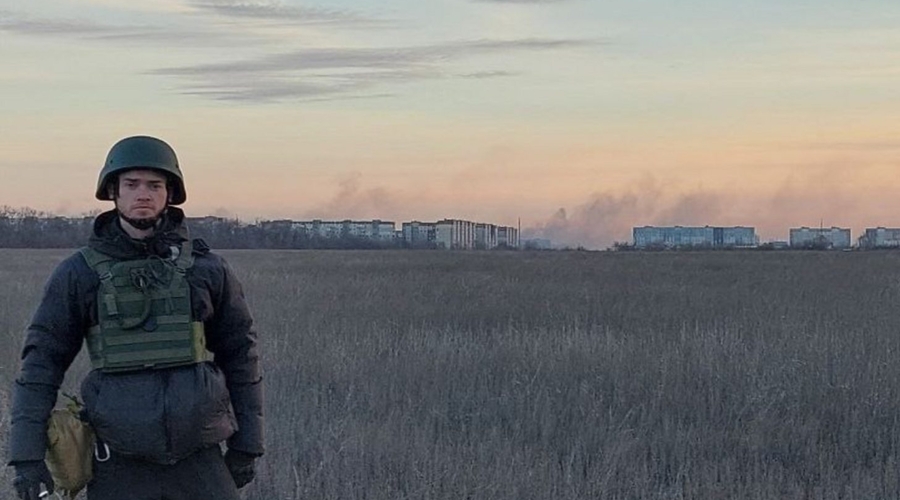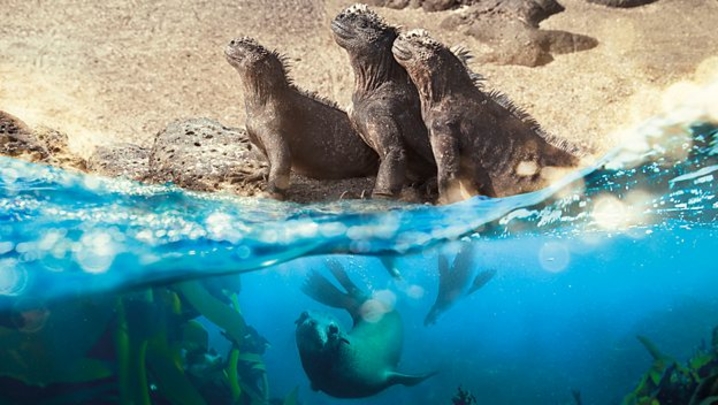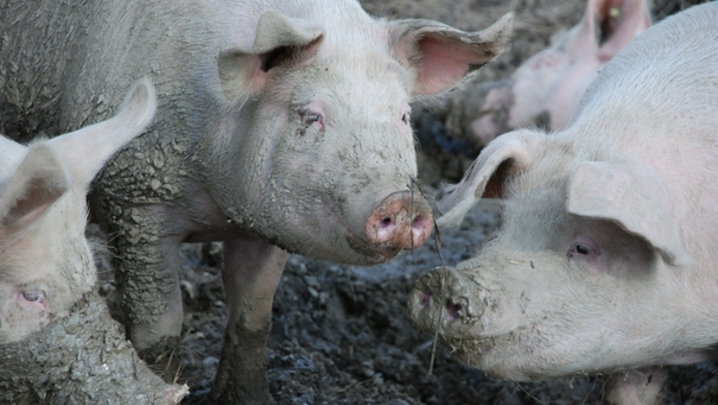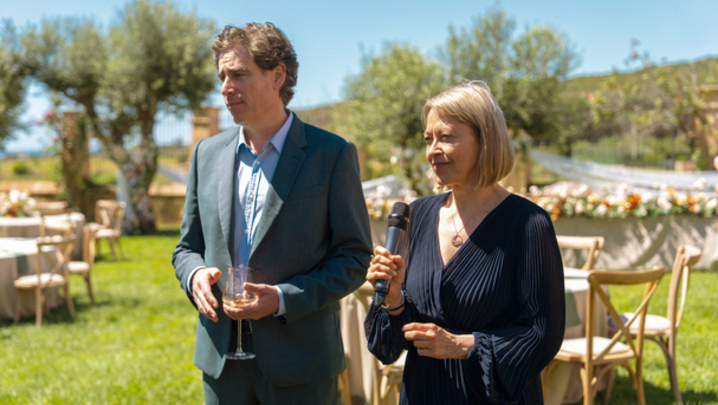At Sheffield DocFest, the BBC’s head of commissioning, Clare Sillery, announced six new documentaries, spanning in topics from catfishing to the miners' strike.
Two of the commissions will show the impact of life changing events and mark their anniversaries: The Miners’ Strike hears from those present at the biggest industrial dispute Britain has seen, and Atomic People takes testimony from those who suffered the bombing of Hiroshima and Nagasaki 80 years ago.
Clare Sillery says: “Documentaries continue to be in fantastic shape at the BBC with recent highlights including Once Upon a Time in Northern Ireland, the Bafta-winning The Real Mo Farah, Freddie’s Field of Dreams and Parole demonstrating our commitment to delivering high quality, distinctive, uniquely British stories to audiences.
"At a time when change is happening at an exponential rate, documentaries have a crucial role to play in helping people make sense of the modern world. From the experiences of young British people in Ukraine, to the reverberations still felt to this day in many communities by the miners’ strike, I hope the single films I’m announcing today will give people a voice and bring viewers a range of perspectives.”
Atomic People
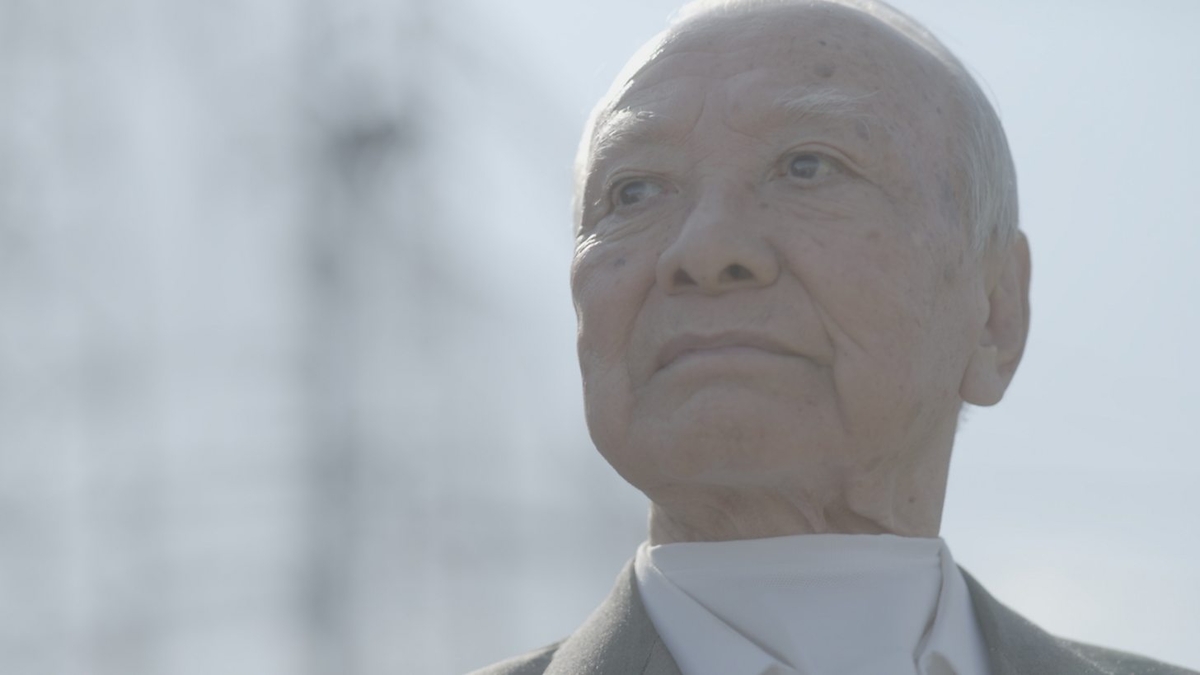
The bomb known as ‘the little boy’ hit Hiroshima in 1945, killing 80,000 people instantly. By the end of the year the death toll had risen to 140,000, as radiation exposure led to deadly illnesses. Three days after Hiroshima, Nagasaki was hit by an atomic bomb, with the initial death toll of 40,000 growing to 74,000 by 1946.
Atomic People tells the story of the last ‘Hibakushas’, meaning ‘survivors of the bomb’ or ‘person affected by radiation exposure’. Hibakushas were children when the bomb was dropped and are now an average age of 85. Through first hand interviews, the testimonies of the only living people to have survived an atomic bomb are gathered—which make for important stories given the looming threat of nuclear war.
The Miners’ Strike
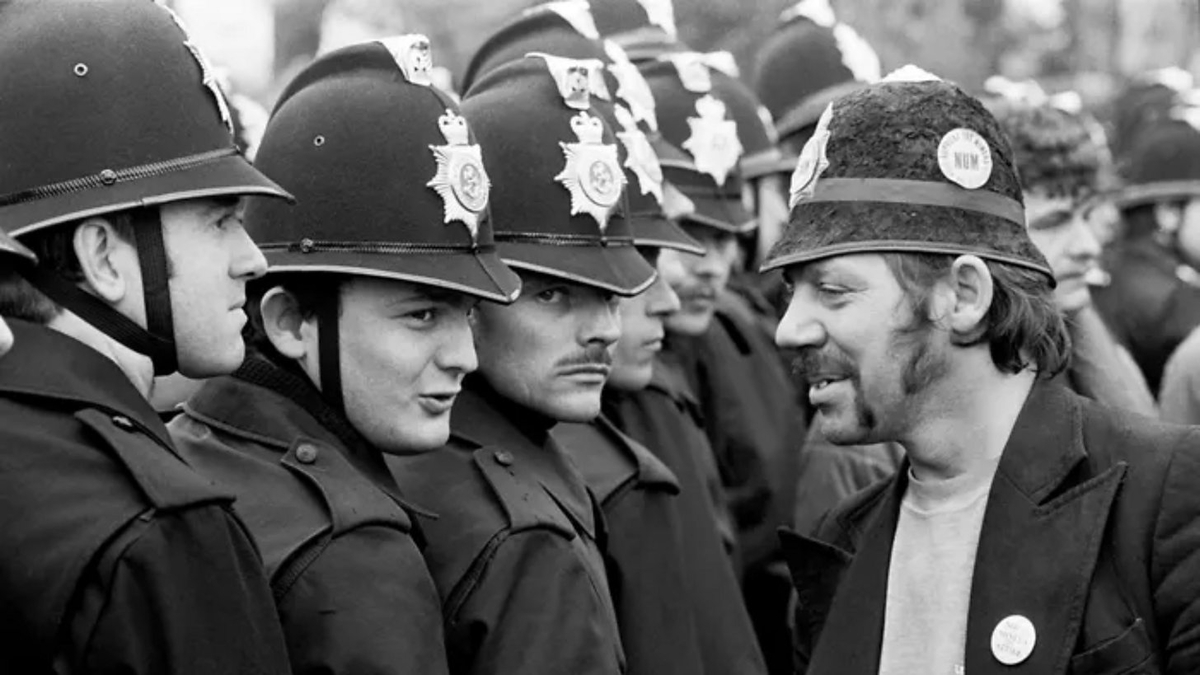
The team behind the RTS Award-winning Our Falklands War: A Frontline Story tackles the miners’ strike of 1984 and 85.
After government-backed pit closures, former co-workers found themselves facing each other on opposite sides of the picket line.
Those who wished to continue working suffered abuse and became outcasts in their own communities. Those fighting for the strikes found themselves in the midst of the Battle of Orgreave, where 8000 picketing miners went against 5000 police officers in riot gear.
This documentary film will reveal the impact of the miners' strikes and the pit closures: 11,000 miners arrested, tens of thousands left jobless, and even a few who lost their lives. But alongside the despair, violence and unrest the miners experienced in the 1980s, there was also a sense of community and camaraderie, as people were drawn together as much as they were apart.
Hell Jumper
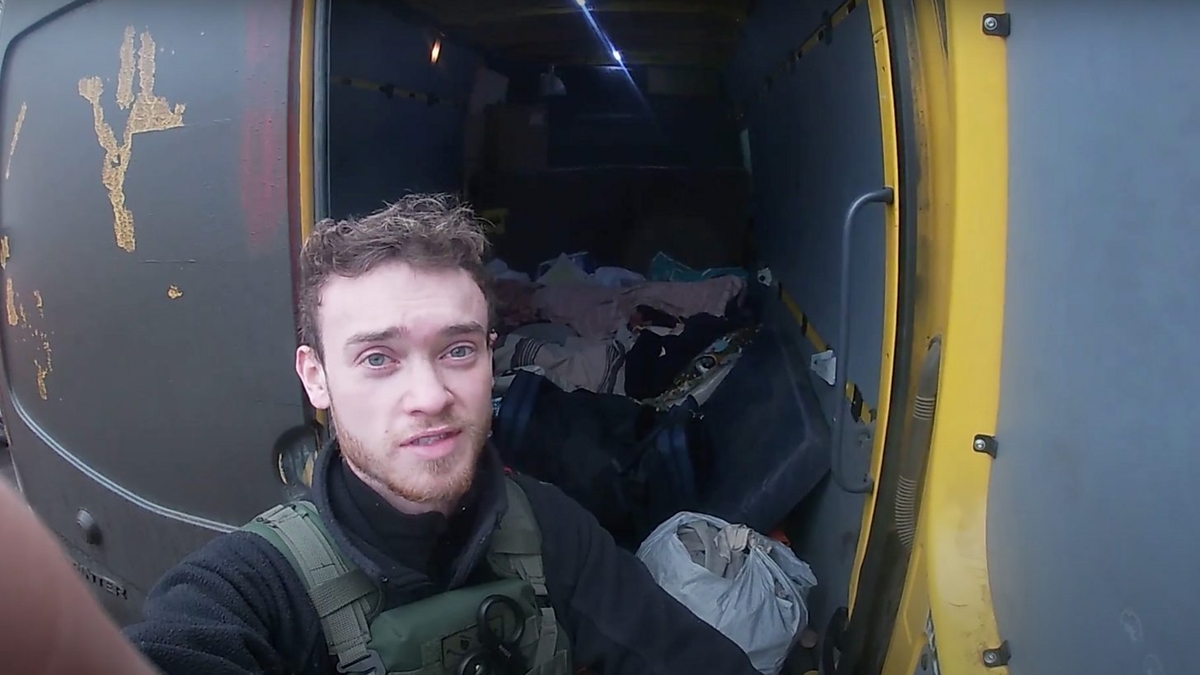
At the centre of this documentary is Chris Parry, a 28-year-old from Cornwall who headed to Ukraine and joined a team of civilian ‘evacuators’, or ‘hell jumpers’, who crowdfunded for vehicles and equipment to save people from their burning homes.
Leaving without even telling his family, Chris began posting himself and his friends' frontline rescue missions on TikTok and Instagram. But as the hell jumpers travelled further into the centre of the violence, they engaged in riskier and riskier missions, which ultimately led to Chris being fatally shot by the Wagner Group as he tried to save an elderly woman who was trapped inside her home.
Using Chris’ own footage, including video diaries and self-shot material, as well as the accounts of his fellow Hell Jumpers, the documentary will tell Chris’ story and offer a modern take on war.
Stranger in My Family
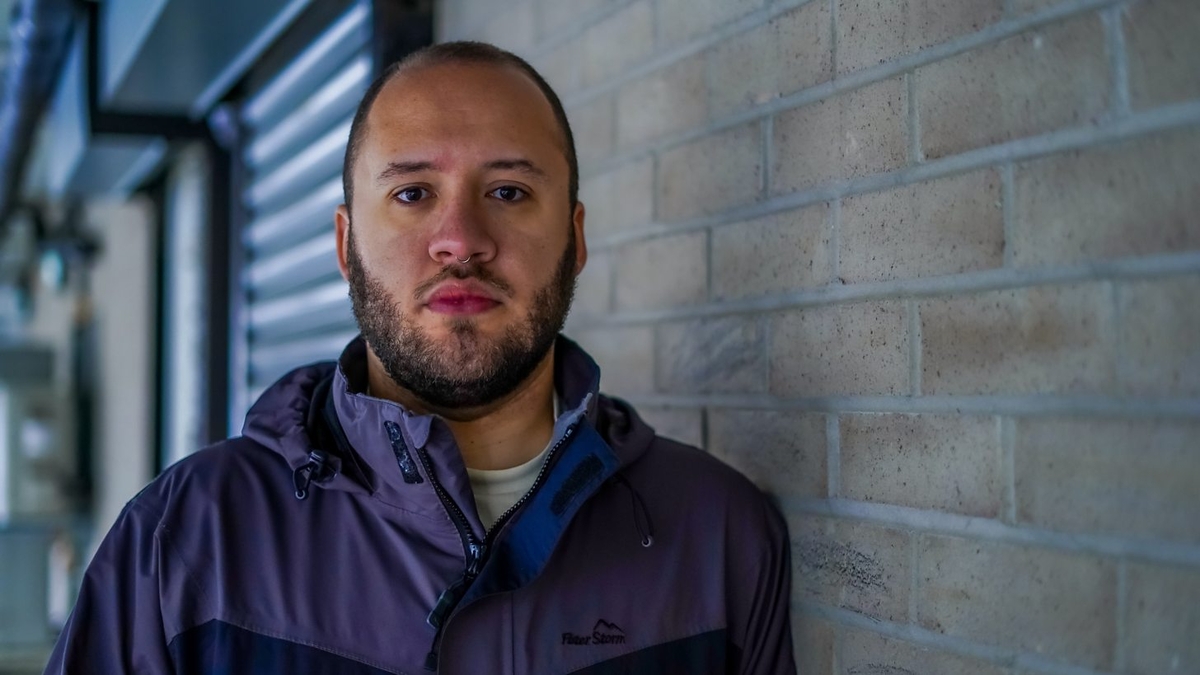
After an adolescence of feeling different to his family and a lifetime of questions pertaining to his appearance, Luke felt pushed to take a DNA test, only to find out he is mixed race and that the man he grew up with is not his biological father.
In an attempt to get to grips with his identity, Luke embarks on an ambitious mission to find his father based off two pieces of information – his mum met his dad on holiday in Portugal, and all she remembers is his name is Carlos.
Luke’s journey helps him expose years of family secrets and leads him to a new multi-racial family which helps him heal more than just his emotional pain.
Luke Davies says: “I can safely say that what has transpired during this journey has left me feeling truly at peace with who I am and where I come from, and it has been a wonderful bonus to have become closer to my parents than ever before. I am thankful for all the support I’ve had from the team at Nine Lives Media, my wonderful partner, my family and my friends for uplifting me through the ups and downs of this journey.”
Instascam – Give me Back my Face

James from Belfast is living the dream. He has a flashy car, nice clothes, thousands of social media followers and a multi-million-pound digital marketing company. All of a sudden his dream turns into a nightmare as James begins receiving messages from women claiming he’d scammed them out of tens of thousands of pounds.
As James investigates in an effort to clear his name, he uncovers the world of romance scams – a technological modern-day ploy which took an estimated £100 million from victims in the UK alone in 2022.
The more James ventures into this world of romance scams, the more he realises that it isn’t only himself and the victims who are being harmed — those carrying out the scam are often suffering at the hands of the gangs who control them.
Bait
Northern Irish police were first alerted to the ‘catfish’ at the centre of this docuseries when an incident was reported to them involving inappropriate images of a young girl in 2018. Since then, they have uncovered hundreds of victims hooked in by fake profiles, stretching as far as New Zealand and America, and all duped by the same university student from Northern Ireland.
Across three 30-minute episodes, this documentary will show the international criminal investigation surrounding the UK’s most prolific ‘catfish’, and his impact on both the victims and those who knew and loved him.

